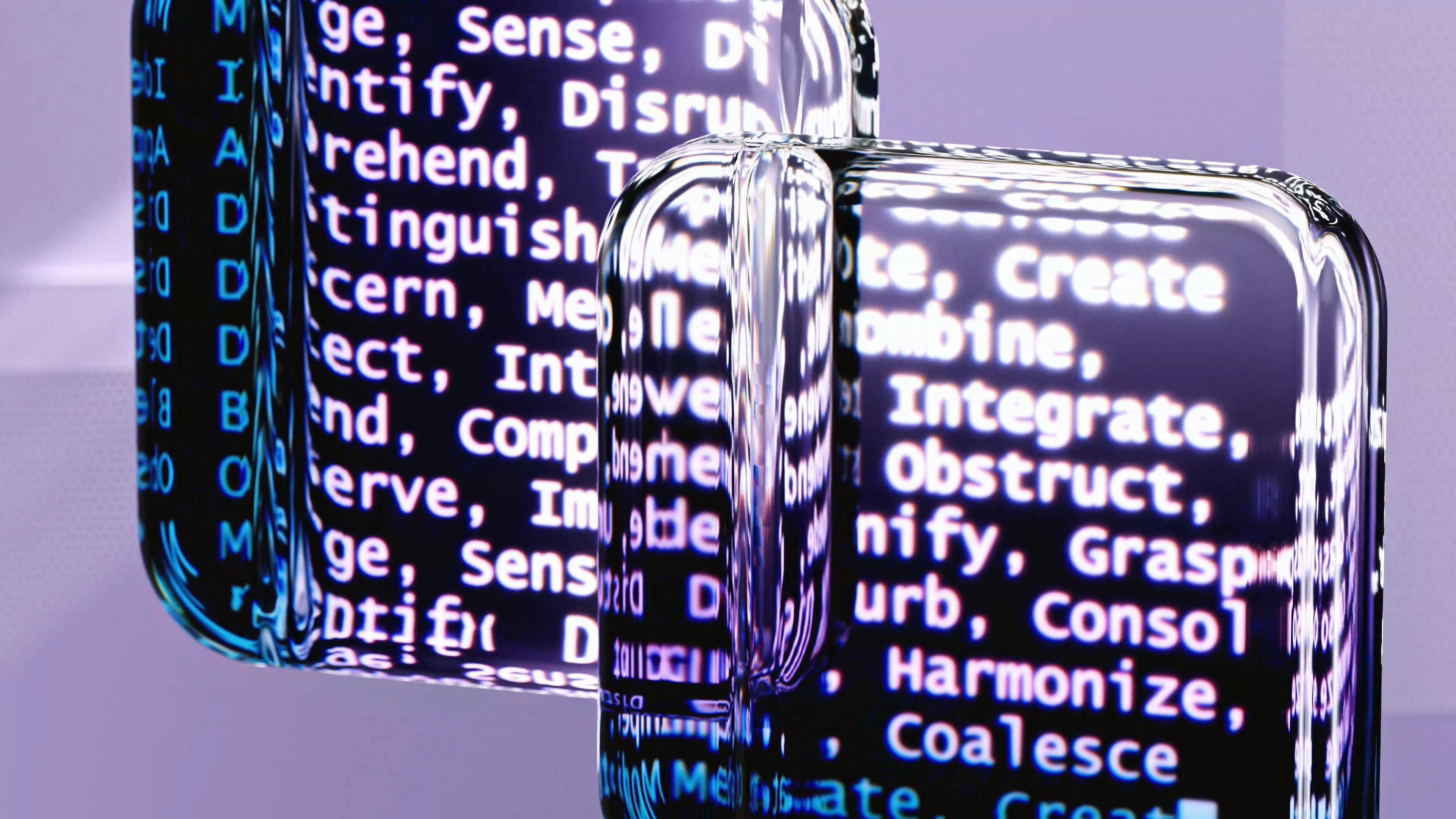Community
Feb 18, 2025
In the realm of software development, writing clean code is not just a preference—it's an art form that directly impacts the maintainability, scalability, and longevity of software projects. This comprehensive guide explores the fundamental principles and best practices that distinguish clean code from merely functional code.
Fundamental Principles of Clean Code
1. Clarity Over Cleverness
Clean code prioritizes clarity over cleverness. While clever solutions might save a few lines of code, they often create maintenance headaches for future developers. Consider this example:
2. Meaningful Names
Names should reveal intent. Variables, functions, and classes should be named so descriptively that most comments become unnecessary:
3. Single Responsibility Principle (SRP)
Each function, class, or module should have one, and only one, reason to change. Consider this refactoring:
Code Organization and Structure
1. Hierarchical Organization
Organize code in a logical hierarchy that reflects the domain model:
2. Consistent Formatting
Maintain consistent formatting throughout the codebase. Use automated formatting tools
Error Handling and Robustness
1. Explicit Error Handling
Handle errors explicitly and provide meaningful error messages:
2. Fail Fast
Detect and report errors as early as possible:
Testing and Documentation
1. Test-Driven Development (TDD)
Write tests before implementing features:
2. Documentation
Document why, not what. The code should be self-documenting for what it does:
Performance and Optimization
1. Premature Optimization
Avoid premature optimization. Write clean, readable code first:
2. Performance Considerations
Consider performance implications of your design decisions:
Clean code is not just about following rules—it's about crafting software that stands the test of time. By adhering to these principles, you create code that is not only functional but also maintainable, scalable, and a joy to work with. Remember that clean code is written with the next developer in mind, and that developer might be you six months from now.
The journey to mastering clean code is continuous. Each project brings new challenges and opportunities to refine these practices. Stay committed to these principles, and your codebase will thank you with reduced technical debt and increased development velocity, not to mention a good user experience for the dev team. Now what about the top skills you should be focusing on this year?



